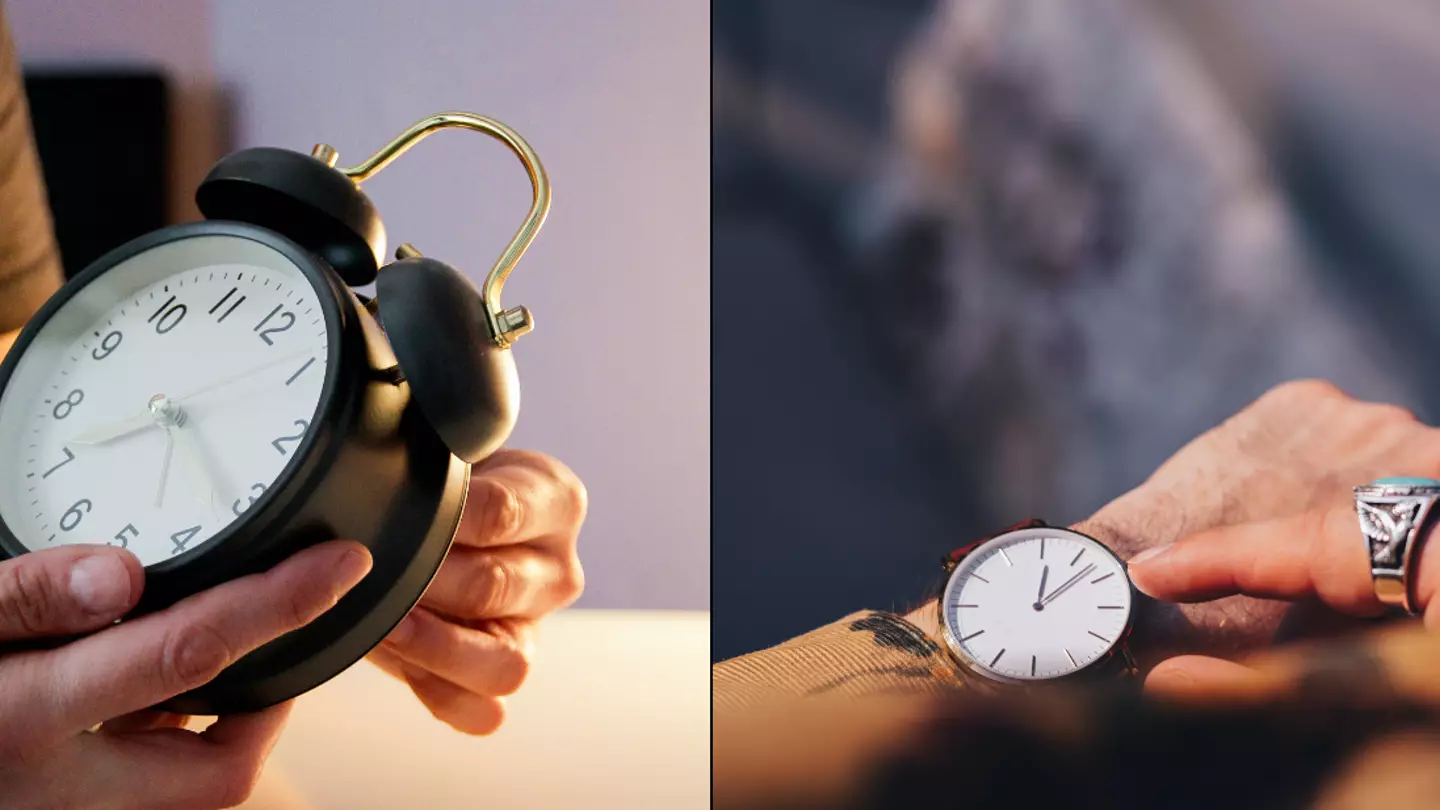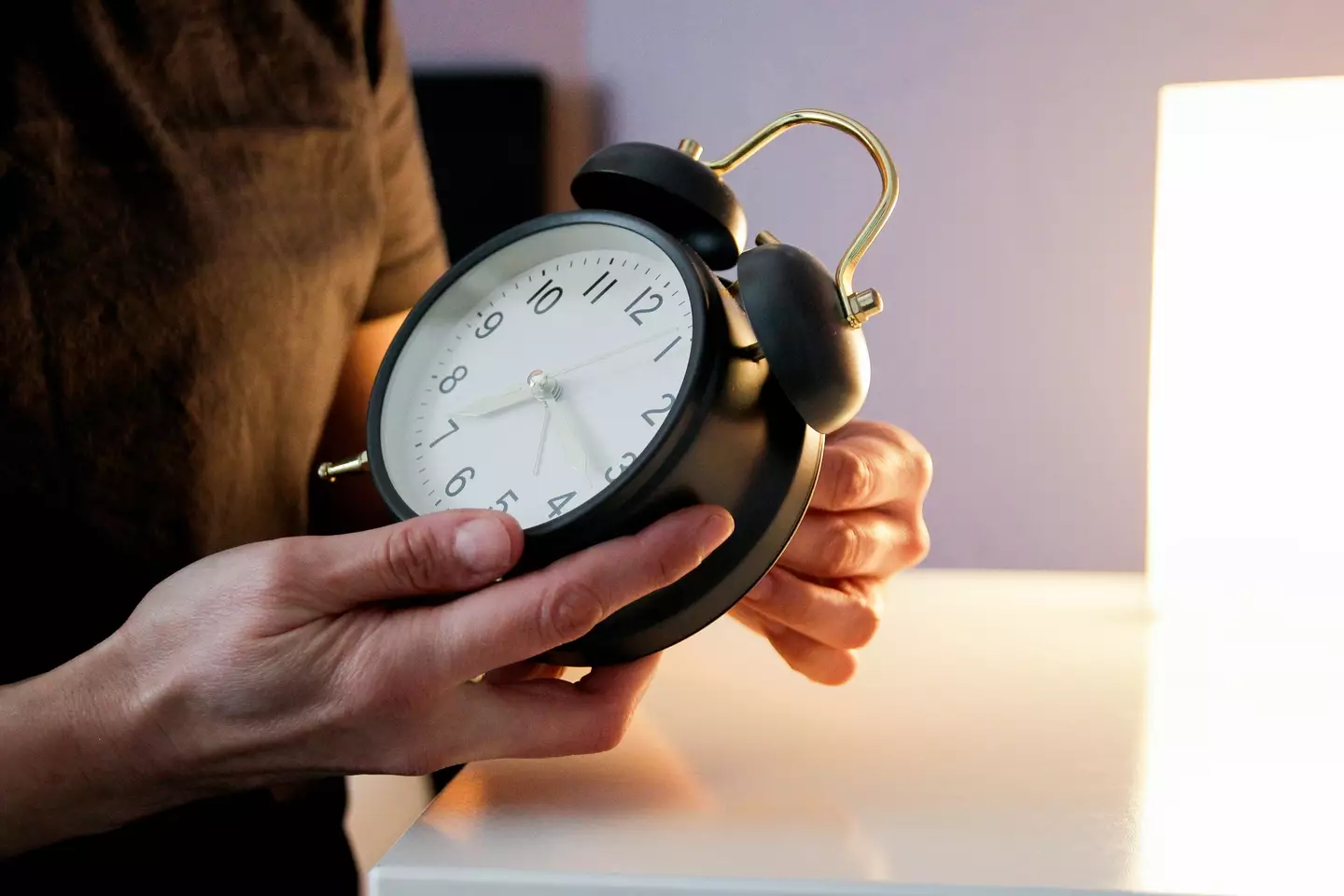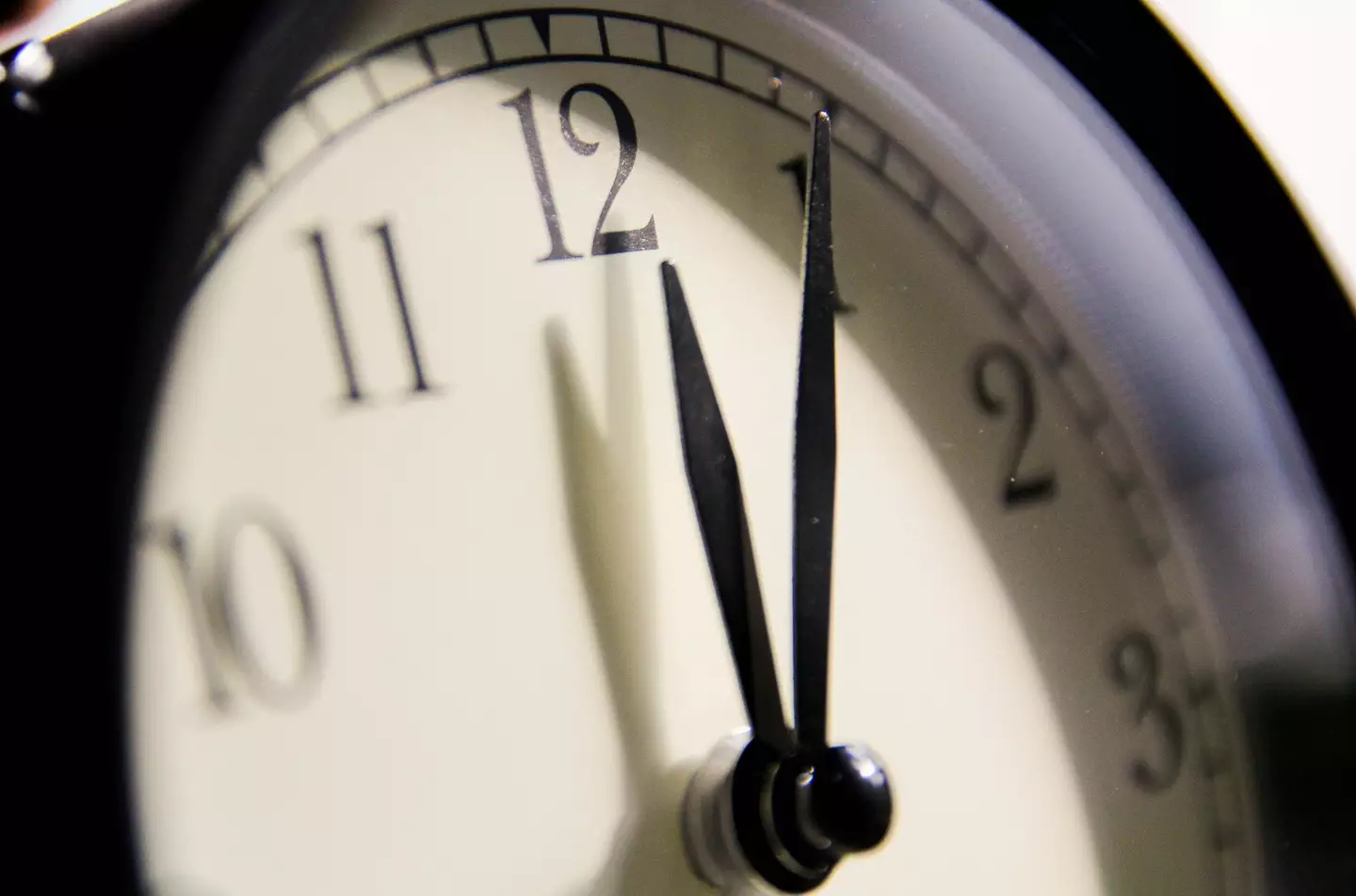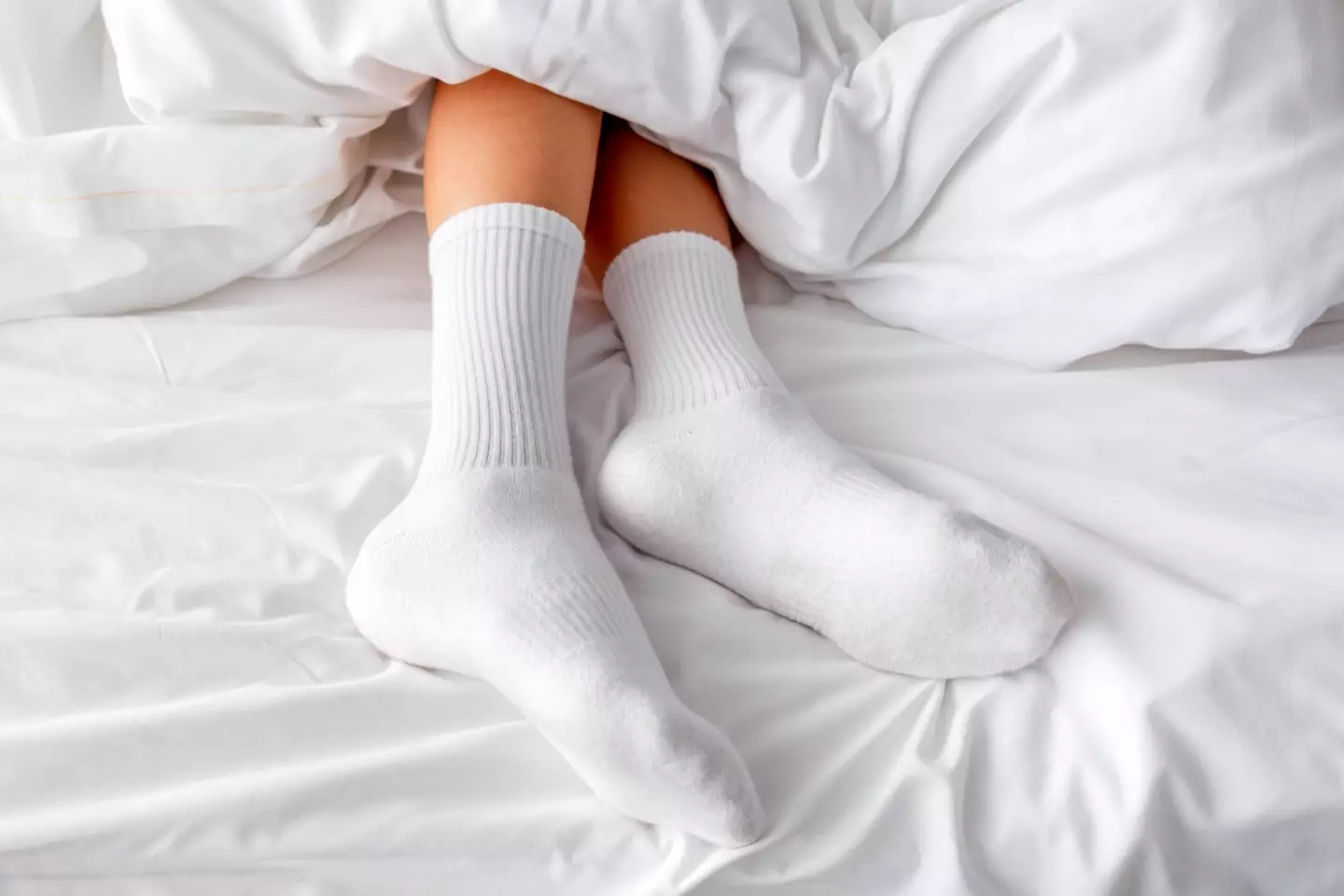
This weekend, the clocks will go back an hour, marking the end of daylight saving time.
The clocks change twice a year, usually on the last Sunday in March, when they go forward and the last Sunday in October, when they move back an hour.
But why do they move in the first place?
The idea was first proposed by a man named William Willett in 1907, who was angry at the waste of daylight during the summer mornings.
Advert

He even published a pamphlet about it, according to RTE, but it wasn't until the First World War that a number of countries around the world started to move their clocks.
While many people think it was for the benefit of farmers, it was actually done to save on domestic consumption of coal during wartime.
Germany and Austria-Hungary introduced it in 1916, and a few weeks later, the UK decided to followed.
But despite it being introduced over 100 years ago, there were a few occasions in which the idea was changed and even scrapped.
Between 1941 and 1945, the UK adopted British Double Summer Time (BDST), putting us two hours ahead for most of the Second World War.
Meanwhile, another experiment in 1968 saw the clocks put forward and not put back again until 1971.

At the time, it was called British Standard Time, but parliament ended up voting to remove it in 1970.
The Department of Transport's initial analysis of road casualty, the publication continues, during the experiment also suggested that more people were injured during the dark mornings compared to the lighter afternoons, according to the BBC.
However, the drink-driving legislation which had been passed the previous year had not been taken into account, so the Department later factored in the legislation when re-analysing the data.
It was also suggested that it benefited those more in England and Southern Scotland, whereas Northern Scotland saw an increase in serious injuries and death.
Essentially, it was discontinued by a vote of 366 - 81 because they were unable to determine whether there were actually any real advantages or disadvantages to the new change.
Even today, the benefits of moving the clocks is often a pretty debated subject, with many preferring to stick to the way things are, while others campaign to ditch the idea altogether.
Meanwhile, others want to see a return to 'British Double Summer Time' in which the UK was two hours ahead.

Royal Museums Greenwich explains: "Campaigners have sought a return to British Double Summer Time or a permanent British Summer Time to save energy and increase the time available in the evenings.
"An attempt was made by backbench MPs to change BST but The Daylight Saving Bill 2010–12 was not passed by the House of Commons.
"Opponents pointed out that in the north it would create social disadvantages: for instance, in the far north-west of Scotland sunrise would occur at about 10am in winter, and over much of the north children would have to travel to and from school in darkness."
However, so far, no one has succeeded.
Topics: UK News
